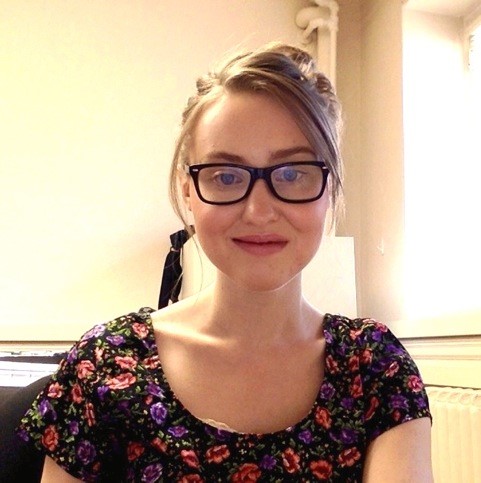
Focusing on mental health
Racheal Head is looking into the mental health care needs, and resources, of First Nation's youth
By Marg SheridanMental health care has been an ongoing story in Canada for a while now, but while most projects focus on large, urban centres, Racheal Head has been working on researching both the needs, and services offered to First Nation’s youth in Saskatchewan.
“The population that is most underserved with regards to mental health care is youth in our country,” Head, who is entering her third year at the College of Medicine, explained when asked why she wanted to continue her work on this subject as part of the Dean’s Summer Research Projects. “Specifically, First Nations youth are very underserved - we’re really lacking in culturally appropriate youth friendly mental health care resources for on-reserve populations.
“So what we’re doing is working closely with the youth of Sturgeon Lake to find out from them what the youth want to see when accessing mental health services, how to improve mental health services, what services do they feel that they need the most and what about those services is culturally appropriate and makes them feel welcome to be there to access these services.”
Her research, which is a part of the ACCESS Open Minds youth mental health research initiative, relies on focus groups and interviews with youth who are both accessing and not accessing mental health services in Sturgeon Lake First Nation, as well as the service providers in the area who are helping them. By approaching both sides, Head and the ACCESS research team are able to find out what’s working, what isn’t working, and what can perhaps be done to increase the number of youth who are accessing the services – which can then improve the quality of those services.
“It’s a national initiative,” Head continued. “(And) I think our project - not just what we’re doing in Sturgeon Lake but the project nationally - has the opportunity to do for Canada what Headspace Australia did for their youth population in terms of improving mental health country-wide.”
(Headspace was originally created by the Australian government a decade ago to provide mental health services for youth between the ages 12-15.)
Head has been working on this project since May 2015, so this is the second summer she’s spent as one of the students participating in the Dean’s Summer Research Projects.
“It (gives) medical students a taste of research life,” she said. “Obviously there are a lot of different areas in research, mine happens to be qualitative research which I had never been a part of before this project, so it’s really given me a look at what it’s like, and an idea if I want to do more of that in my future.”
But more importantly, the project is allowing her to make a meaningful impact on both mental health research and the accessibility of care for First Nations youth. And while their research site is currently located at Sturgeon Lake, just outside of Prince Albert, the team is hoping to launch a second site in the Clearwater River Dene Nation area.
“I chose this project because it has a strong indigenous component,” Head explained. “As a health care practitioner in Saskatchewan it’s important to immerse myself in First Nations culture and gain an understanding of how I can be a better physician for my First Nations patients.”
